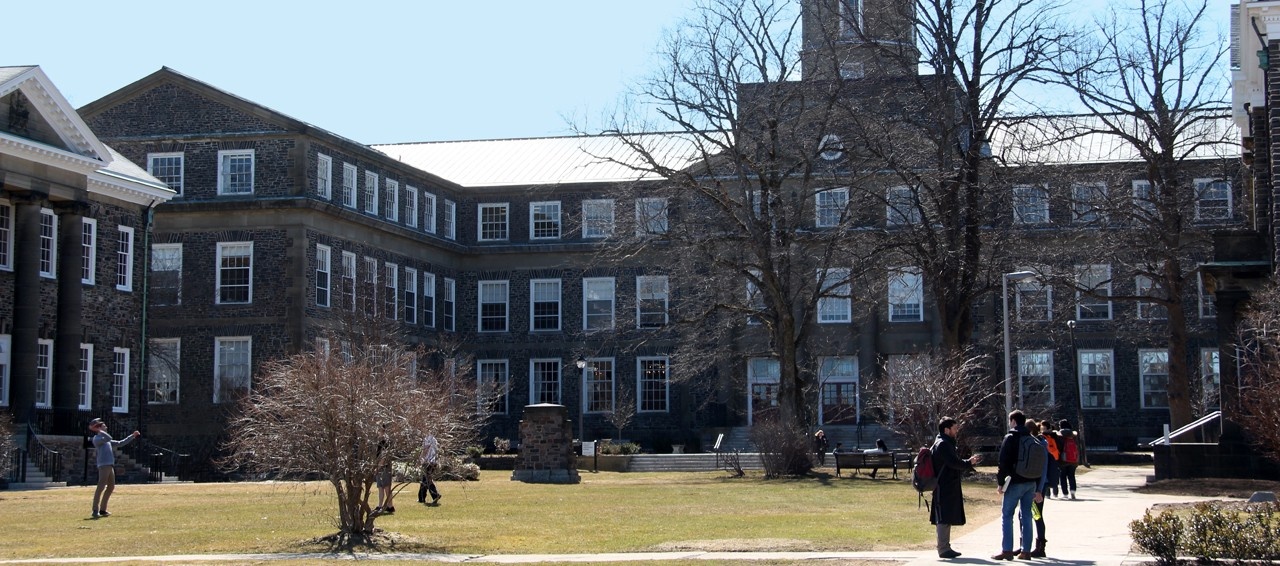Visiting Researcher
As a research-intensive university with strong international ties and partnerships, �¼������ϲʿ���ֱ�� regularly hosts Visiting International Research Students (VIRS). VIRS are registered as students at other higher education institutions around the world and come to �¼������ϲʿ���ֱ�� to engage in research activities at the invitation of a �¼������ϲʿ���ֱ�� faculty member. VIRS can be undergraduate or graduate students. They apply to �¼������ϲʿ���ֱ�� as visiting research students and maintain student status at �¼������ϲʿ���ֱ��, but they do not take classes. Depending on the length of their research, VIRS may require a work permit, but they do not require a study permit.
VIRS can include students from the following groups:
- Self-funded students
- Faculty-funded students (e.g. SSHERC, NSERC, NRC, CIHR)
- Mitacs Globalink Research or Research/Interns Award recipients
- Global Affairs Canada short-term research scholarships and exchanges. For example, Emerging Leaders in the Americas (ELAP) Program, Canada-ASEAN Scholarships & Educational Exchanges for Development (SEED) Program, Study in Canada (SiC) scholarships, etc..
- Foreign-funded students: China-Canada Scholars’ [CSC] Program, CAPES (Brazil), German Academic Exchange Service (DAAD), etc.
VIRS do not include post-doctoral fellowships and visiting international professors.
More information:
- For more information about coming to �¼������ϲʿ���ֱ�� as an international post-doctoral fellow, please visit the post-doctoral researchers page on the Faculty of Graduate Studies website.
- For more information about coming to �¼������ϲʿ���ֱ�� as a visiting international professor, please contact the Immigration Consultant in �¼������ϲʿ���ֱ��’s Human Resources Department.
- �¼������ϲʿ���ֱ�� staff and faculty can also refer to the on the Human Resources Sharepoint site for more information.




